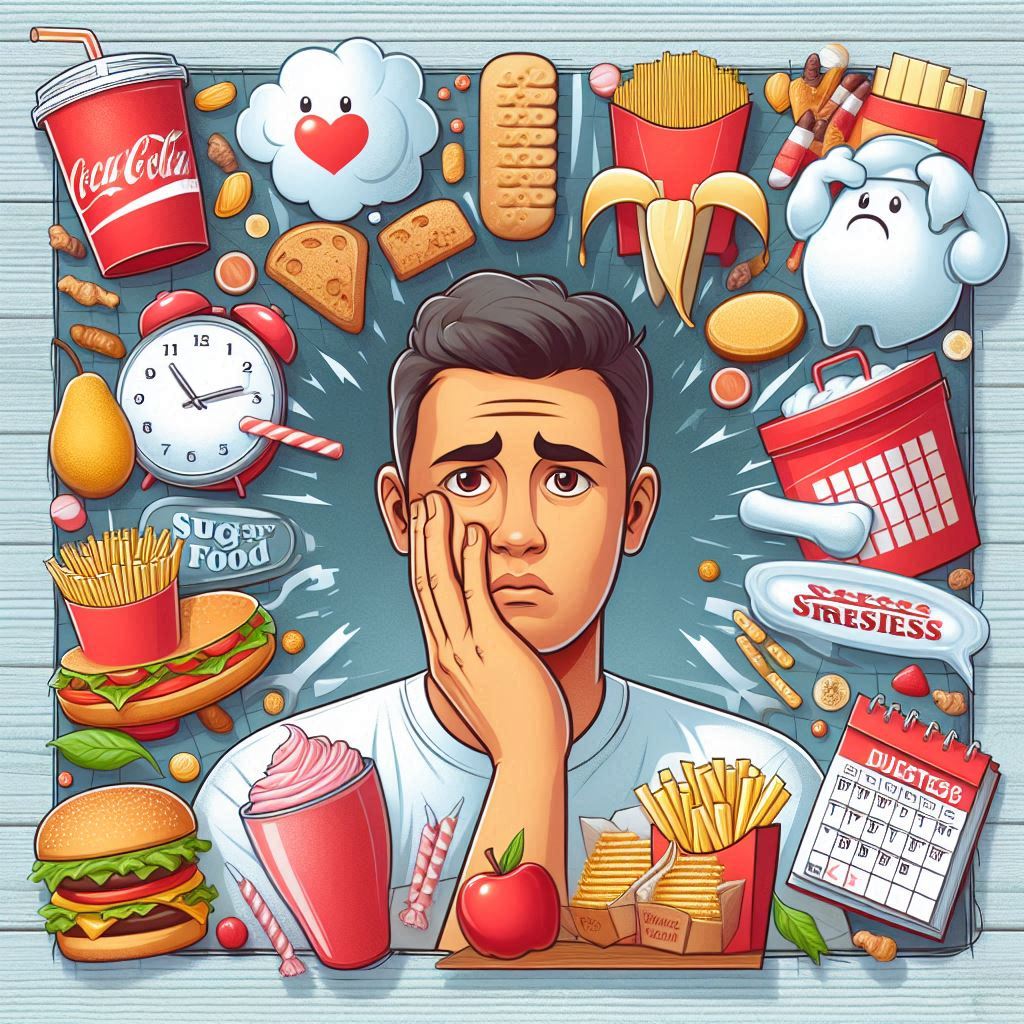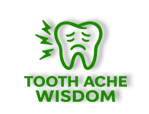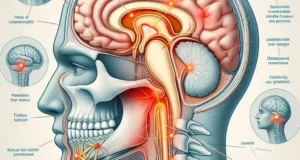Wisdom tooth pain can appear suddenly, even without cavities or infection. Many people don’t realize that stress and diet can silently worsen this condition. From jaw clenching to nutrient deficiencies, your lifestyle may be behind your tooth ache wisdom — but the solutions are simpler than you think.

1. Stress-Induced Jaw Clenching
When stressed, you subconsciously clench your teeth or grind them during sleep. This creates pressure around the wisdom teeth, leading to soreness and tooth ache wisdom even without infection. Try jaw relaxation exercises before bed.
2. Poor Sleep and Inflammation
Lack of quality sleep increases cortisol (stress hormone) which fuels inflammation in gums. Better sleep hygiene — dark room, no screens, and proper rest — helps control wisdom tooth ache naturally.
3. Acidic Diet Damage
Acidic foods like soda, lemon water, or spicy snacks irritate gum tissue and can worsen tooth ache wisdom by softening enamel near the wisdom tooth. Balance your diet with alkaline foods like bananas and yogurt.
4. Nutrient Deficiency and Gum Sensitivity
A lack of vitamin C or calcium weakens gum tissue. This makes the wisdom tooth area prone to pain. Add citrus fruits, milk, or supplements to protect against tooth ache wisdom.
5. Clenching While Working or Driving
Daily tension — while sitting at a computer or in traffic — can make you unknowingly tighten your jaw. This builds up strain around the wisdom tooth, causing pain that mimics dental infection.
6. High Sugar and Sticky Snacks
Frequent sugary or sticky snacks leave residue around hard-to-reach wisdom teeth. This attracts bacteria and starts gum inflammation, one of the top triggers of tooth ache wisdom.
7. Dehydration from Stress
Stress often leads to dehydration, reducing saliva flow. Dry mouth allows bacteria to grow faster, especially around the wisdom tooth. Drinking more water is one of the easiest fixes for tooth ache wisdom.
8. Emotional Tension Affecting Pain Sensitivity
When you’re anxious, your body’s pain perception increases. Even mild wisdom tooth pressure feels severe. Deep breathing and light stretching before bed can help calm tooth ache wisdom discomfort.
9. Processed Foods and Low Immunity
Processed foods weaken your immune system, making gum infections more likely. A diet rich in whole grains and greens helps your body fight the inflammation behind wisdom tooth ache.
10. Neglecting Oral Hygiene During Stress
Busy or anxious routines often lead to skipping brushing or flossing. Plaque buildup near the wisdom tooth triggers swelling and constant tooth ache wisdom at night.
11. Hormonal Changes Linked with Stress
Chronic stress can disrupt hormone balance, especially in women. This may increase gum bleeding or swelling around the wisdom tooth, causing dull, persistent pain.
12. Crunchy Foods Causing Micro-Trauma
Biting hard foods like nuts or ice can bruise the gums near an erupting wisdom tooth. Eat softer meals until the tooth ache wisdom subsides to avoid worsening the pain.
13. Lack of Anti-Inflammatory Foods
Omega-3 fats from fish, chia seeds, or walnuts help reduce gum inflammation. Without these, your body struggles to recover, allowing wisdom tooth pain to continue longer.
14. Mindful Eating and Relaxation
Practicing slow, mindful eating helps reduce stress, improves digestion, and prevents jaw strain. It’s a simple lifestyle fix that eases both mental tension and tooth ache wisdom symptoms.

Objection:
“Stress and diet can’t possibly cause wisdom tooth pain — isn’t it just a dental issue?”
Answer:
That’s a common misconception. Tooth ache wisdom isn’t always caused by decay or impaction — emotional tension, inflammation, and nutrition also play powerful roles. Modern dentistry now recognizes stress and diet as key triggers that amplify oral pain. Controlling these factors can prevent unnecessary dental complications.



